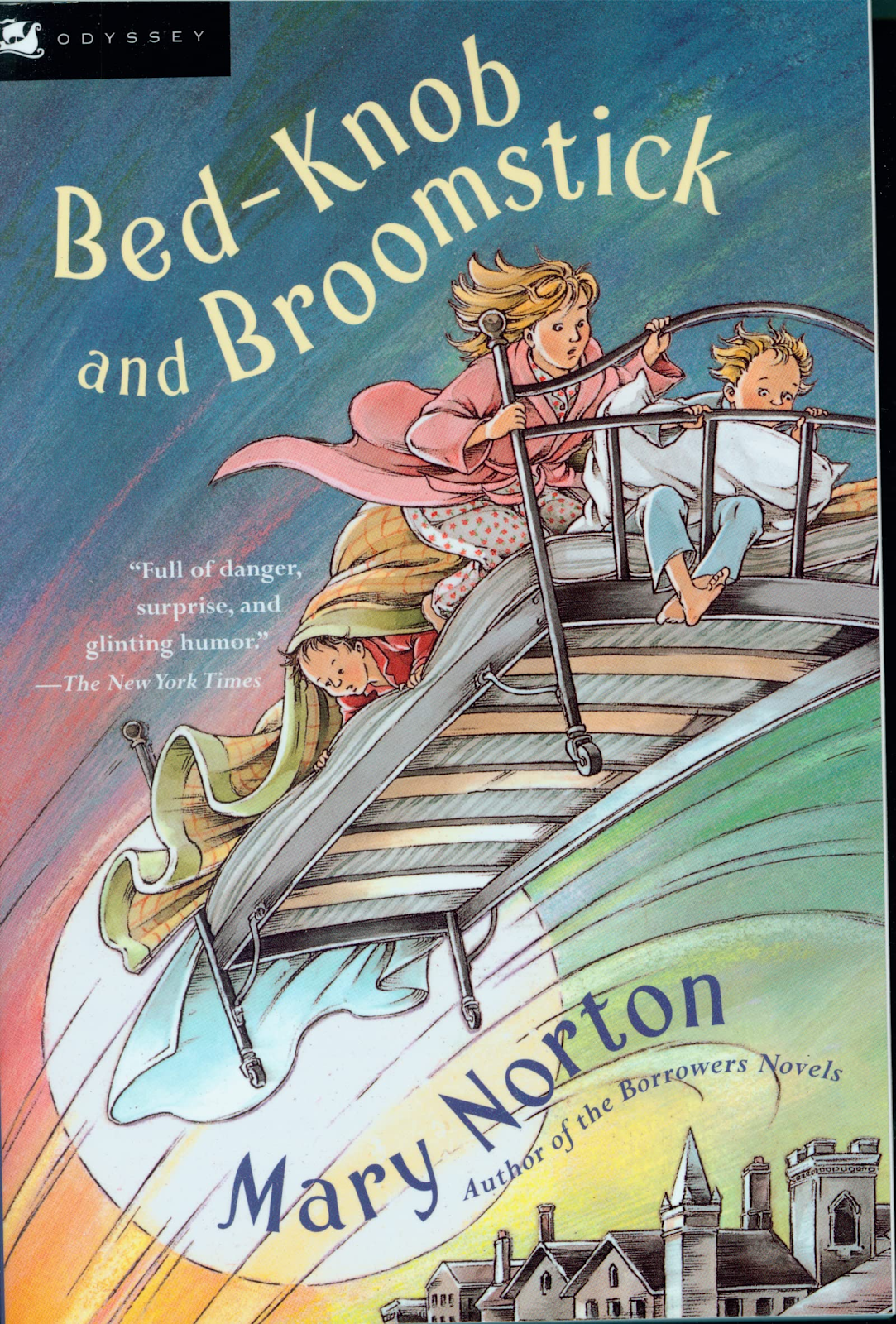Ingredients: The strange chemistry of what we put in us and on us
Read by the author
"Should I eat the Cheeto?"
This question is the essence of George Zaidan's exploration of the health impacts of ultra-processed foods in Ingredients: The Strange Chemistry of What We Put In Us and On Us. Unfortunately, there is no clear cut answer.
I found Zaidan's writing to be very interesting. He is able to impart true scientific information in such a way that the reader is both entertained and informed--a rare trait. He refuses to answer his own question outright until he goes through his entire thought process of how to determine 'healthy' versus 'non-healthy' choices. Again, even this determination is not as easy as it seems as you look at the scope of foods available, what primitive cultures had in the past, how modifications have both helped and harmed the development of food from harvest through processing.
The idea of processing and preserving is a major component in Zaidan's consideration. We often think of Cheetos and other shelf-stable items as 'processed' or 'ultra-processed' but food processing methods have been utilized for millennia for preservation. From sun-drying meats and vegetables to salting fish to gathering pre-processed foods like honey, he explores the multiple aspects of preserving foods and how it can impact the health benefits. To introduce the idea, he discusses some real science in how plants feed themselves and then other creatures from aphids which he described as having a 'hypodermic needle-face to cows eating grass to people. This science extends to the battle of fresh foods, decomposition, and the battle against rot to keep food from becoming too dangerous for people to eat.
There is an apparent deviation from the topic of food, preservation, processing, and nutrients but Zaidan introduces another concept of not just what we eat but what we ingest that is not food--tobacco and vaping are discussed in this, as well as put on our bodies--sunscreen features here. Why is that important? Because it helps identify the scientific studies that are undergone for information on these and how easily this information can be used, ignored, twisted, or truncated to fit whatever angle is being presented. It also highlights how intricate developing and implementing a solid study can be.
Furthering this idea of the conflicts of scientific studies and how they are presented, he has an entire chapter on the ongoing debate of whether coffee is "the Elixir of Life or the Blood of the Devil". And after lo, these many years, the answer still isn't clear. Scientific studies are excellent but a single study doesn't tell the whole story or provide a wholly unarguable truth. So many studies involve on a single aspect of a food to be true to the rigorous aspect of simplicity, unambiguity, and repeatability for other scientists to follow that they only provide pieces to a puzzle that is so vast it's almost impossible to assemble from such tiny details.
That's not to say that scientific studies are of no use, however, they do offer good insights into the nature of the foods under scrutiny and can be judiciously combined with other pieces of information gleaned from other studies to provide practical and valuable information.
After covering all of these things, plus providing some entertaining and/or shocking tidbits, Zaidan concludes with his perspective of whether or not to eat the Cheeto (you have to read it to find out) but also with the realization that his attitude towards food, the food industry, and longevity changed in the investigations he undertook. Which I think is an excellent example for all of us to follow to be intelligent, well-informed consumers. Learn as much as you can, compare it to what you know, apply it in a practical manner that fits within your lifestyle and budget and be content that you have done the best you can and will, most likely, continue to enjoy a long life.
End Note: I now have two favorite phrases to use due to Zaidan's lively discourse.
1. Cluster whoops- to denote large, varied, and perpetual mistakes
2. Sciencegasm- to denote the extreme... joy derived by providing wide-ranging valuable and repeatable scientific data.


